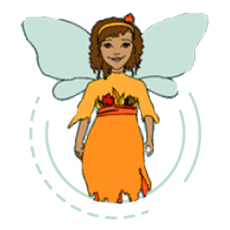Early Childhood Study Alludes To More Early Childhood Resources For All
A new study by Cornell’s Early Childhood Cognition Laboratory Cornell Study on Early Cognition looked at 72 preschoolers for this small-scale study. Results alluded to preschoolers’ ability to use statistical cues to determine a person’s toy preference. All children individually watched an experimenter take out 5 similar toys from a box and then another group of dissimilar toys. All children chose the experimenter’s toys preference from the similar group of toys regardless of which the experimenter played with after displaying the 2 sets of toys.
This study goes in direct relation to the importance of universal preschool options for all students. Children are learning from the sounds that they hear in the womb. How can we expect children from highly educated families with resources to improve on their already above-norm capabilities to compete with children without these resources?
There are resources out there to begin the important literacy process but there needs to be many more that are both non- and for-profit supported. As a country, we stand behind our equality rights but do not put the monetary forces behind our words. Hopefully, more studies such as this one will help non-educators understand that 10% of our federal budget is not enough to make the headways we need to improve cognitively as a nation.













